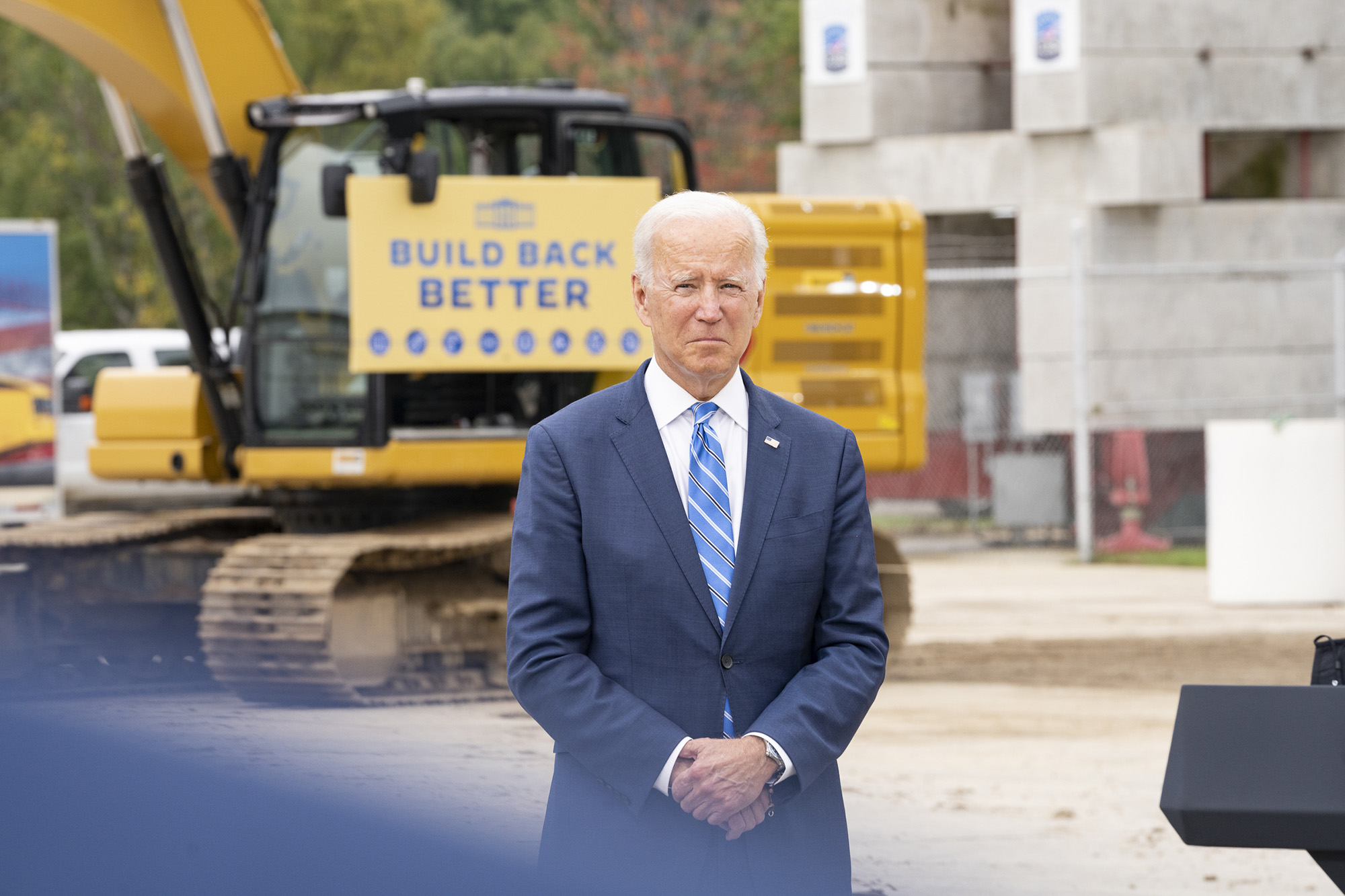
Of all the workers I got to know from the plant, Wally was the most optimistic. He believed in the American dream, or at least in his own ability to achieve it. Unlike many of the white men who broke down in tears at the thought of the plant closing and their machines being taken to Mexico, Wally focused on his goal of opening a barbecue business. Owning your own business meant you could never be laid off or offshored — and you never had to rely on a person who might be racist to earn your daily bread. Best of all, you could employ others — bestowing on them the gift of a decent job.
“I’m either going to make it or I won’t,” he told a friend during his first attempt at selling barbecue to the public. “And guess what? I come from a long line of makers.”
I followed Wally for about a year, until he died. He had chest pains but refused to go to the hospital because he’d lost his health insurance. That heartbreaking experience taught me how deadly the loss of work can be in a country where health care is tied to employment. Men with high seniority who get laid off experience mortality rates that are 50 to 100 percent higher than their co-workers. Of roughly 300 workers who got laid off from the Rexnord plant, I counted three who died within a year of stress-related or alcohol-related illnesses.
This too, was a lesson underscored by the pandemic. In addition to those who passed away from Covid, some 90,000 people in America perished of opioid overdoses in 2020, a 30 percent increase from the previous year. It’s not clear if that’s because treatment got shut off, or because people suddenly had nothing to do all day long. But we do know that, even before Covid, studies showed an unmistakable link between unemployment shocks and opioid deaths and hospitalizations.
“The unemployment rate is measuring more than just jobs,” Alex Hollingsworth, associate professor at the O’Neill School of Public and Environmental Affairs at Indiana University, told me. “It measures the health of the community.”
Too often those who claim to champion the working class are culturally, geographically and economically disconnected from their everyday realities. Nothing makes this more clear than political language grounded in social safety nets and entitlements, instead of jobs.
After the Rexnord plant closed, John had to appear regularly at an unemployment office to jump through hoops to collect a check that came to a grand total of $335 a week.
Once, he was asked if he’d been willing to take a “survival job” just to put food on the table. That question annoyed him.
“Of course I’d take a survival job,” John said. “What other choice do I have? Go on welfare?” He bristled at the thought. Unemployment was one thing. He’d paid into that system all this life. Welfare was a different story. No matter how far he fell, going on welfare was a line he had vowed never to cross. Many of the steelworkers I followed felt the same way. They all knew people who gamed the system. They took pride in earning a paycheck, something that distinguished them from a lazy relative or a drug-addicted acquaintance who didn’t work.
Even proposals like free college, which Democrats crafted to help families like his, rubbed John the wrong way.
There is no such thing as free, in John’s book.
“Free this, free that,” John complained one day down at his union hall. “Who’s going to pay for that?” he asked, rhetorically. “The workingman, that’s who.”
John was helping his daughter pay for room and board at a state school, and he worried that it made no sense to take out tens of thousands of dollars in loans just to live and eat, when she could do so far more cheaply at home. He believed in higher education, within reason and to a point. He had gotten his associate degree in piping design at community college, while living at home with his parents. But he had to leave class an hour early every day to get to a job, laying tarmac at an airport. After all that, he was able to get a job that paid about $30,000. Then his uncle drew the lucky straw at a factory that made diesel engines, winning a job application that he passed along to John. Suddenly, John was making $70,000 a year at a job that required no degree at all. To many workers like John, “free college” is not the brass ring that they are looking for. The ever-increasing number of jobs requiring college degrees feels like a way to shake more money out of working-class people so that professors and colleges can stay in business.
 RSS Feed
RSS Feed















 October 19th, 2021
October 19th, 2021  Awake Goy
Awake Goy  Posted in
Posted in  Tags:
Tags: 













